1500+ ★★★★★ REVIEWS
Understanding Hair Loss and Underlying Conditions
Hair loss is a widespread issue that impacts countless individuals, often sparking concern and a desire for answers. While it’s tempting to chalk it up to genetics or the passage of time, numerous underlying health conditions can play a significant role. Recognizing that hair loss might reflect internal imbalances rather than just external factors is key to finding effective solutions. This article delves into the connections between hair loss and various medical conditions, offering insight into how your body’s health can show up in your hair.
Table of Contents
What Causes Hair Loss?
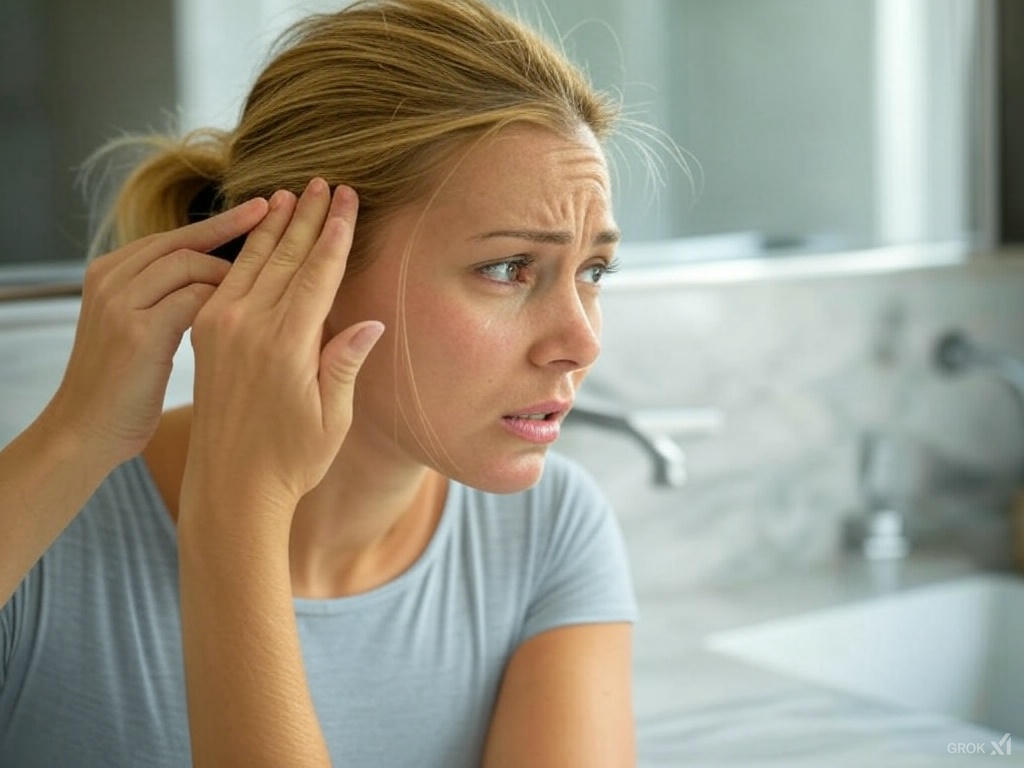
Hair loss can arise from a complex mix of factors, including hormonal changes, lifestyle habits, and medical issues. It’s not solely about the scalp—what’s happening beneath the surface often dictates the health of your hair. Experts frequently highlight genetics, environmental stressors, and physiological shifts as primary drivers. Understanding these root causes empowers individuals to tackle hair loss with targeted treatments or adjustments to their daily routines.
Hormonal Imbalances and Hair Thinning
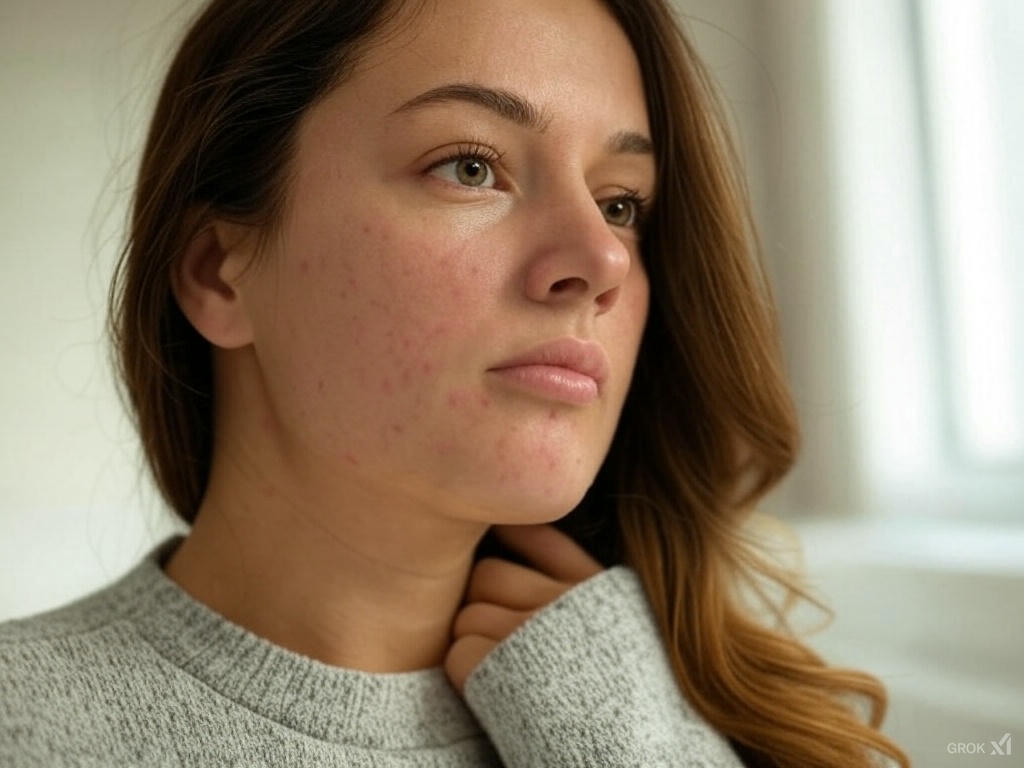
Fluctuations in hormones are a major contributor to hair thinning, especially in conditions like Polycystic Ovary Syndrome (PCOS) or during menopause. In PCOS, elevated androgen levels can shrink hair follicles, leading to thinning or shedding, often alongside symptoms like irregular periods or acne. The American Academy of Dermatology also points to thyroid imbalances—such as hypothyroidism or hyperthyroidism—as culprits that disrupt the hair growth cycle by altering metabolism. Testing hormone levels can uncover these hidden triggers, guiding appropriate treatment.
Stress and Its Impact on Hair Health

Prolonged stress can wreak havoc on more than just your mood—it can also harm your hair. When stress becomes chronic, it may push hair follicles into a resting phase known as telogen effluvium, resulting in noticeable shedding. According to Harvard Medical School, elevated cortisol levels from stress weaken follicles over time, though this type of hair loss is typically reversible. Managing stress through mindfulness or professional help can often restore hair health, offering relief to both mind and scalp.
Medical Conditions Linked to Hair Loss
Hair loss isn’t always a standalone issue—it can signal deeper medical conditions that require attention. From autoimmune disorders to nutritional gaps, these underlying problems often present hair changes as an early warning sign. Viewing hair loss as a symptom rather than just a cosmetic flaw can lead to timely diagnosis and care.
Autoimmune Disorders and Alopecia
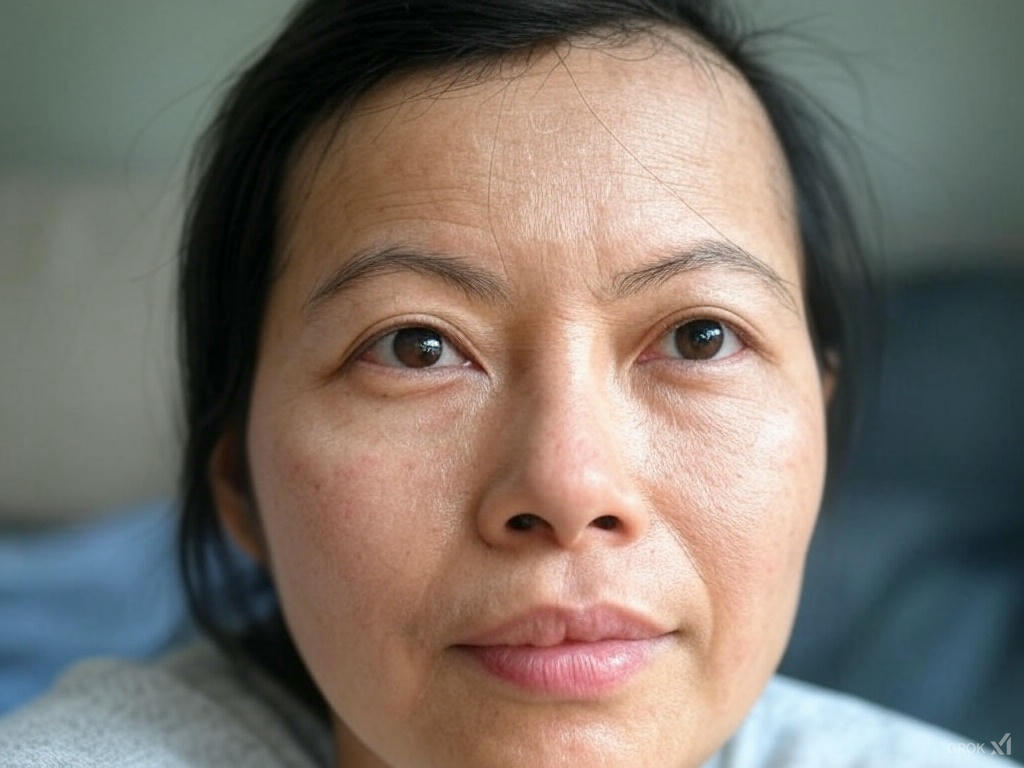
When the immune system turns against the body, as in autoimmune conditions like alopecia areata, hair loss can occur in patches or across the scalp. This disorder, sometimes linked to other autoimmune diseases like lupus, stems from the immune system attacking hair follicles. The National Institute of Arthritis and Musculoskeletal and Skin Diseases explains that genetics and environmental factors contribute to its onset, with treatments like corticosteroids offering hope for regrowth. However, the unpredictable nature of autoimmune hair loss often requires ongoing management.
Polycystic Ovary Syndrome (PCOS) and Hair Effects

Polycystic Ovary Syndrome (PCOS) deserves special attention for its dual impact on hair: it can cause thinning on the scalp while increasing unwanted facial or body hair. This hormonal disorder, affecting up to 10% of women, disrupts the hair growth cycle due to excess androgens. Research from the National Institutes of Health highlights how PCOS-related hair loss often pairs with weight gain or infertility, urging those affected to seek medical advice. Lifestyle changes or medications like anti-androgens can help balance hormones and mitigate hair thinning.
Scalp Psoriasis and Hair Shedding
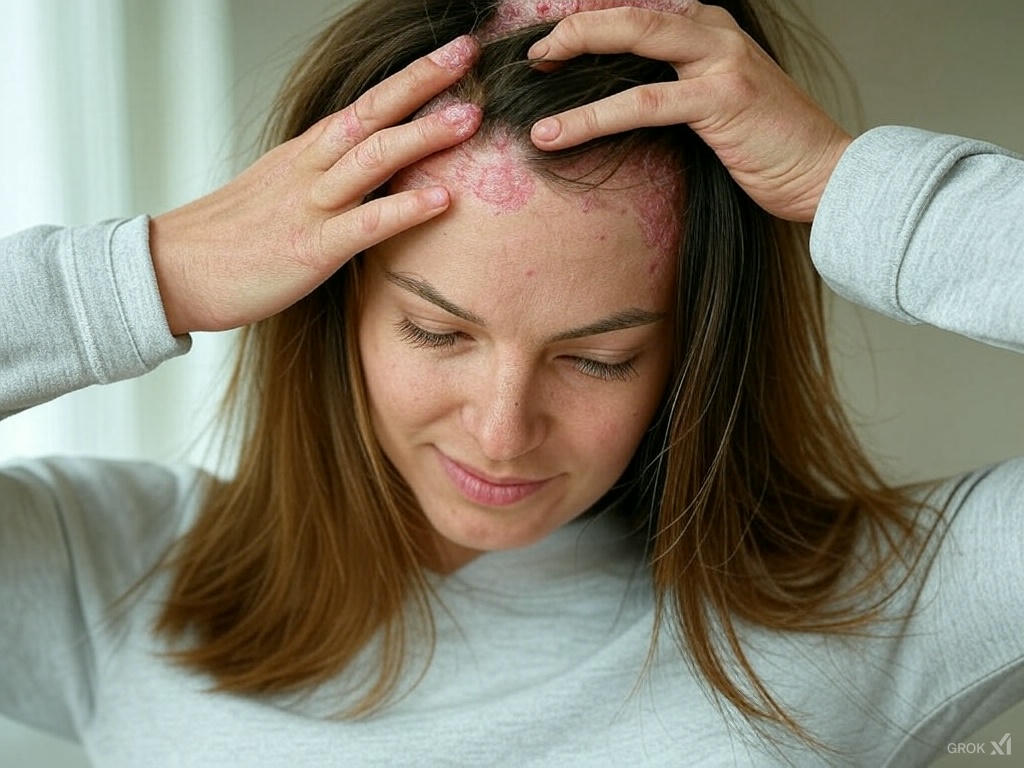
Scalp psoriasis, a chronic condition marked by red, scaly patches, can also contribute to hair loss. The inflammation and buildup of dead skin cells can clog follicles, weakening hair and leading to temporary shedding. According to the National Psoriasis Foundation, while psoriasis itself doesn’t directly cause permanent hair loss, scratching or harsh treatments might exacerbate the problem. Gentle care and medicated shampoos can reduce flare-ups, preserving hair health. For more on scalp care, Hottie Hair’s FAQ page offers practical tips that align with managing such conditions.
Eating Disorders and Hair Fragility
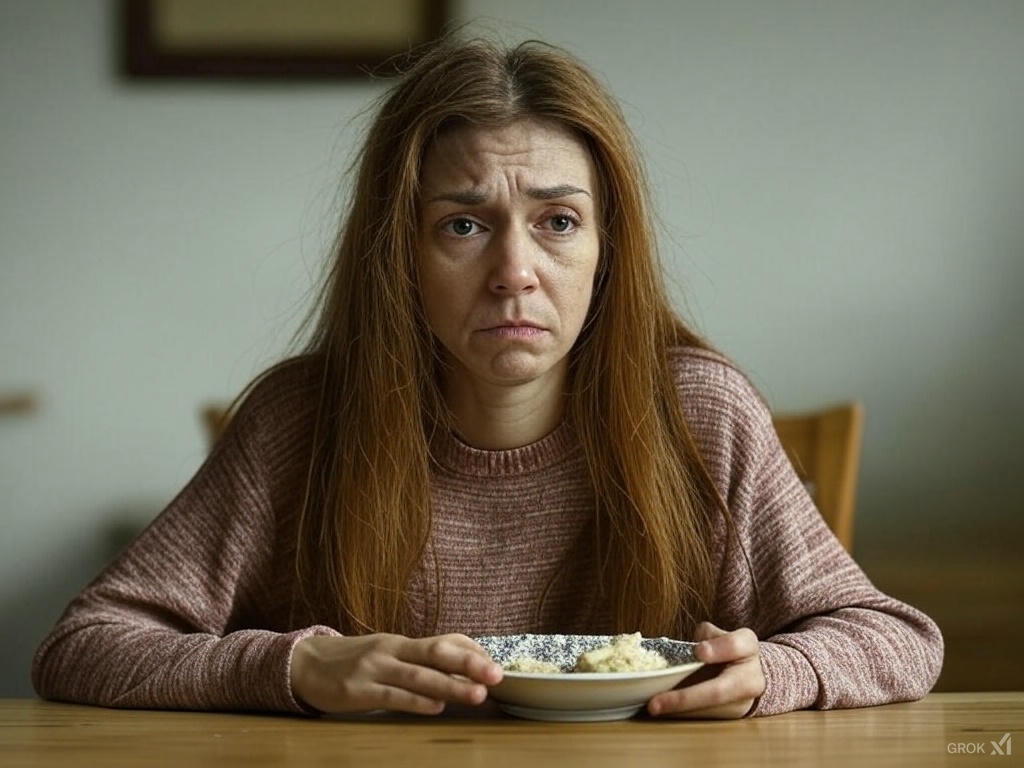
Eating disorders like anorexia or bulimia can severely impair hair strength by depriving the body of essential nutrients. Starvation or purging disrupts the supply of proteins, vitamins, and minerals needed for robust hair growth, often resulting in brittle, thinning strands. The Journal of Clinical and Aesthetic Dermatology notes that deficiencies in iron or zinc, common in these disorders, are linked to diffuse hair loss. Recovery through nutritional rehabilitation, guided by a healthcare professional, can gradually restore hair’s vitality.
When to Seek Professional Help

Dealing with persistent hair loss can feel daunting, especially when quick fixes fall short. Knowing when to turn to a professional can uncover underlying issues and set the stage for recovery. Sudden or excessive shedding deserves more than a wait-and-see approach—it’s a call to dig deeper.
Signs of an Underlying Condition
Hair loss paired with symptoms like fatigue, weight fluctuations, or scalp irritation might point to a hidden health issue. For example, scalp psoriasis could reveal itself through itchiness and flaking, while eating disorders might coincide with extreme tiredness. The Mayo Clinic recommends medical evaluation if shedding exceeds normal levels or follows an unusual pattern. Catching these signs early can lead to treatments that address both hair and overall health.
Consulting a Dermatologist or Specialist
Seeing a dermatologist or endocrinologist can provide clarity on whether hair loss stems from conditions like PCOS, scalp psoriasis, or nutritional deficits. Through tests like blood work or scalp analysis, specialists can tailor solutions, from topical therapies to dietary plans. The Cleveland Clinic underscores the value of expert intervention for personalized care. Complementing this, Hottie Hair’s FAQs offer additional insights into maintaining hair health alongside professional treatment.
Conclusion: Connecting Hair Loss to Overall Health

Hair loss often serves as a mirror reflecting your body’s inner workings, from hormonal disorders like PCOS to inflammatory conditions like scalp psoriasis. Whether triggered by stress, autoimmune issues, or eating disorders, these underlying conditions highlight the profound link between systemic health and hair vitality. Taking action—whether through medical consultation, nutritional support, or stress management—can address both the symptoms and their sources. By understanding this connection, you can reclaim confidence and well-being, strand by strand.
FAQs: Hair Loss and Underlying Conditions
1. What are the main causes of hair loss?
Hair loss can stem from a variety of factors, including hormonal imbalances, stress, and underlying medical conditions. It’s often a reflection of what’s happening inside the body, not just on the scalp. Genetics play a role, but issues like thyroid disorders or nutritional deficiencies can also trigger shedding or thinning, making it essential to look beyond surface-level explanations.
2. How do hormonal imbalances affect hair?
Hormonal imbalances, such as those seen in Polycystic Ovary Syndrome (PCOS) or thyroid disorders, disrupt the hair growth cycle. Excess androgens in PCOS can shrink follicles, while low thyroid hormone levels slow metabolism, leading to thinning or shedding. These changes often require medical intervention to restore balance and improve hair health.
3. Can stress really cause hair loss?
Yes, chronic stress can lead to a condition called telogen effluvium, where hair follicles enter a resting phase prematurely, causing increased shedding. Elevated cortisol levels weaken follicles over time, but this type of hair loss is usually temporary. Reducing stress through relaxation or therapy can help hair recover.
4. What is alopecia areata, and how is it linked to hair loss?
Alopecia areata is an autoimmune disorder where the immune system attacks hair follicles, resulting in patchy or widespread hair loss. It’s often tied to other autoimmune conditions like lupus and can be triggered by genetics or environmental factors. Treatments like corticosteroids may promote regrowth, though the condition can recur.
5. How does Polycystic Ovary Syndrome (PCOS) impact hair?
PCOS causes hair thinning on the scalp due to elevated androgen levels, which shrink hair follicles, while also increasing unwanted hair elsewhere. It affects many women and often comes with symptoms like irregular periods or weight gain. Managing PCOS with lifestyle changes or medication can help lessen its effects on hair.
6. Can scalp psoriasis lead to permanent hair loss?
Scalp psoriasis, characterized by red, scaly patches, typically doesn’t cause permanent hair loss on its own. However, inflammation and scratching can damage follicles, leading to temporary shedding. Using gentle treatments and avoiding irritation can manage the condition and protect hair from further loss.
7. How do eating disorders like anorexia or bulimia affect hair?
Eating disorders deprive the body of essential nutrients like protein, iron, and zinc, which are vital for hair strength and growth. This malnutrition can cause hair to become brittle and thin, often shedding diffusely. Recovery through proper nutrition under medical guidance can gradually restore hair health.
8. When should I see a doctor about hair loss?
You should consult a doctor if hair loss is sudden, excessive, or paired with symptoms like fatigue, weight changes, or scalp issues. These could signal an underlying condition like thyroid disease or psoriasis. Early evaluation can pinpoint the cause and lead to effective treatment before the problem worsens.
9. What kind of specialist should I see for hair loss?
A dermatologist or endocrinologist is ideal for addressing hair loss tied to medical conditions. Dermatologists focus on scalp and hair health, while endocrinologists handle hormonal issues like PCOS or thyroid imbalances. They can run tests and recommend tailored solutions based on your specific situation.
10. Can improving my diet help with hair loss?
Yes, a balanced diet can combat hair loss caused by nutritional deficiencies, such as low iron or vitamin D levels. Eating foods rich in protein, zinc, and healthy fats supports hair strength and growth. While it won’t fix every type of hair loss, it’s a key step for overall hair vitality, especially in cases linked to eating disorders.
You must be logged in to post a comment.